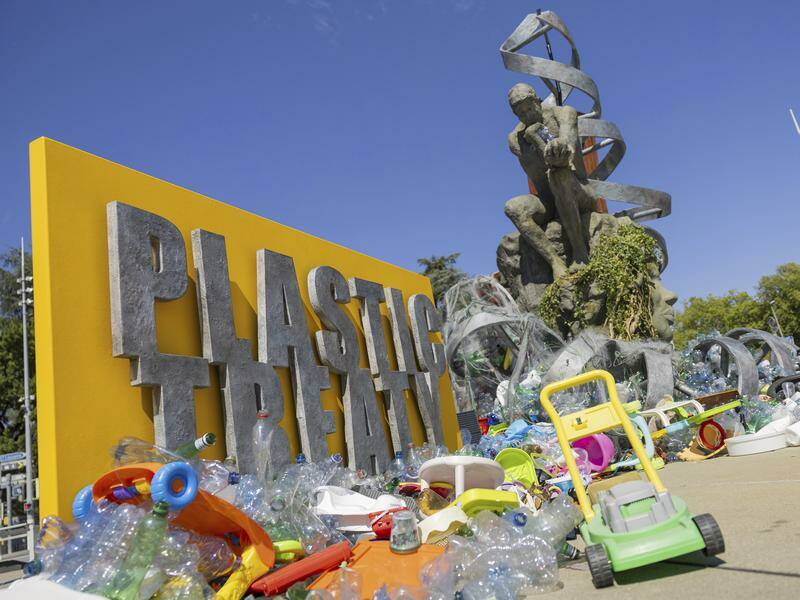
Representatives from over 160 countries have convened in Geneva for a crucial round of negotiations aimed at finalizing a legally binding international treaty to address plastic pollution. The discussions, which are set to continue until August 14, 2024, focus on regulating plastic production, design, and waste management to combat the growing environmental crisis.
According to the United Nations Environment Programme (UNEP), approximately 500 million tonnes of plastic were produced globally in 2024, with nearly 400 million tonnes discarded as waste. Should no agreement be reached, UNEP warns that the volume of plastic waste could triple by 2060. The urgency of the situation was underscored by conference chairman and Ecuadorian Ambassador, Luis Vayas Valdivieso, who stated, “Every hour counts. We are setting the foundations for a global tool that could change the future of environmental history.”
The UN Environment Assembly initiated the treaty negotiations in March 2022, recognizing the need for a comprehensive approach to combat plastic pollution. Previous discussions, particularly those held in South Korea in late 2024, failed to produce a consensus, highlighting the contentious nature of the negotiations. The proposed treaty aims to reduce plastic production, promote product reuse and recycling, and ensure environmentally friendly disposal practices.
Despite the critical need for action, the specifics of how to achieve these goals remain controversial. Florian Titze, representing the World Wildlife Fund (WWF), emphasized the necessity for bold measures, stating, “It’s time for courage, not compromise. An agreement based on the lowest common denominator will not solve the plastic crisis.” The WWF has highlighted the devastating effects of plastic waste, which threatens ecosystems, habitats, and human health.
The plastic crisis is exacerbated by the fact that global plastic consumption has nearly doubled over the past 25 years. Data from Our World in Data indicates that a quarter of the plastic waste found in rivers and oceans originates from plastic bags and bottles.
China, the world’s largest producer of plastic, has begun implementing national production restrictions. However, significant resistance to ambitious treaty terms comes from oil-producing nations, including Iran, Saudi Arabia, and other Gulf states, which prefer to focus discussions solely on waste management and recycling rather than production limits. The situation has been further complicated by the United States, where the government under former President Donald Trump has rolled back numerous environmental regulations, complicating negotiations.
As the Geneva talks progress, the stakes are high for both the environment and public health. The outcome of these discussions could set a precedent for international cooperation on one of the most pressing issues of our time, potentially shaping the future landscape of environmental policy worldwide.







